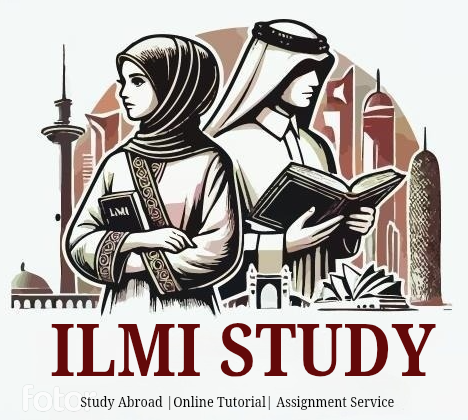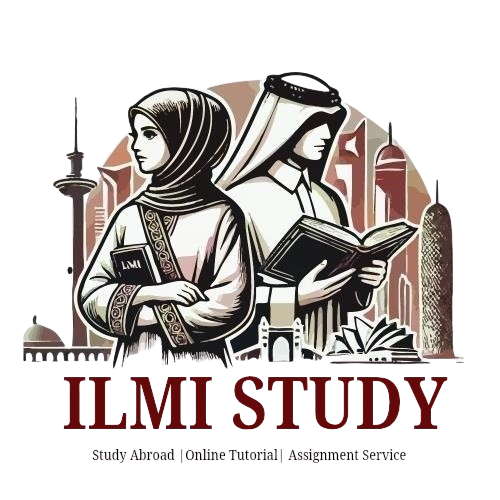Introduction: What Is a Reflective Essay?
A reflective essay is a form of writing that allows students to explore personal experiences and evaluate how those experiences have contributed to their personal and academic growth. Unlike traditional essays, which focus on research and argumentation, reflective essays are introspective and require a strong emotional and analytical lens. In Qatar’s universities and Western-style academic environments, reflective essays are often assigned in courses related to education, healthcare, business, and humanities to assess soft skills, self-awareness, and learning.
Why Do Instructors Assign Reflective Essays?
Reflective essays are not just writing tasks—they’re tools for self-development. Instructors assign them to help students:
- Connect theory with practice
- Evaluate their emotional responses and thought processes
- Demonstrate learning through lived experiences
- Improve metacognitive skills (thinking about one’s own thinking)
- Link academic learning with professional or personal development
For students in Qatar, especially those studying in programs aligned with UK, US, or Australian curricula, mastering reflective writing is essential to academic success.
Reflective vs. Descriptive Writing: What’s the Difference?
Many students mistakenly write descriptive summaries instead of true reflections. For example, describing what happened during a group presentation without explaining what was learned or how it affected personal growth results in a shallow essay.
Descriptive Essay:
“We worked on a marketing project for two weeks. I presented the final report. It was good.”
Reflective Essay:
“Presenting the final report challenged my fear of public speaking. Through this, I realised the value of preparation and teamwork. I now feel more confident communicating ideas professionally.”
The Ideal Reflective Essay Structure
A strong reflective essay typically follows a structure like this:
1. Introduction
Briefly introduce the experience or topic. Mention what you’ll reflect on.
2. What Happened
Describe the event, task, or experience objectively. Keep this section short.
3. Your Thoughts and Feelings
Explore your initial reactions. How did it make you feel? What were your thoughts at the time?
4. What You Learned
Analyse what this experience taught you. Was it a skill, a realisation, or a change in perspective?
5. How You Grew
Explain how this will impact your future behaviour, decisions, or academic/professional path.
6. Conclusion
Summarise the growth you’ve experienced and possibly mention how you’ll apply it going forward.
Tone & Depth: Balancing Emotion with Academic Insight
Reflective essays blend personal emotion with academic analysis. Avoid being overly emotional or too casual. Instead, maintain a semi-formal tone that balances narrative and critical thinking.
For example:
✅ “I was initially frustrated with the feedback, but I later saw how it improved my understanding of strategic planning.”
❌ “It was really annoying, and I felt like the professor was being unfair.”
Link Reflections to Course Outcomes
Don’t just reflect in a vacuum—connect your personal growth to course objectives or broader learning outcomes. Instructors want to see that you’re able to make academic connections.
Example:
“This internship not only developed my communication skills but also met the course objective of applying theoretical knowledge in real-world contexts.”
Localised Examples from Qatar
To make your reflection more relevant, especially for Qatar-based courses, consider these themes:
- Study Abroad Reflections: How your perspective changed after visiting a Western university.
- Volunteering in Local Communities: Understanding social responsibility through community service.
- Internships in Gulf Companies: Navigating workplace dynamics and cultural expectations in Qatari offices.
- Language Learning Challenges: Reflecting on mastering English or Arabic in academic settings.
Common Mistakes to Avoid
- Too Much Description: Focus on analysis, not just storytelling.
- Superficial Reflections: Avoid general statements like “I learned a lot.” Be specific.
- Not Linking to Learning Goals: Always tie the experience back to course or life objectives.
- Lack of Structure: Use clear paragraphs with transitions.
- Poor Proofreading: Grammar and clarity still count in reflective essays.
Final Polish: Before You Submit
- Check your essay structure
- Proofread for spelling, grammar, and clarity
- Make sure you’ve answered: What happened? What did I learn? How did I grow?
- Link reflections to academic or professional goals
- Keep within the word limit and citation requirements
Conclusion: Why Reflective Essays Matter
Reflective writing is more than just an academic task—it’s a critical tool for lifelong learning. Whether you’re pursuing a business degree at Qatar University or studying education abroad, knowing how to express personal growth helps you become a more effective communicator, learner, and professional.
If you’re unsure how to begin or want expert support, Ilmi Study offers professional reflective essay writing and editing services tailored to your course and personal journey.

